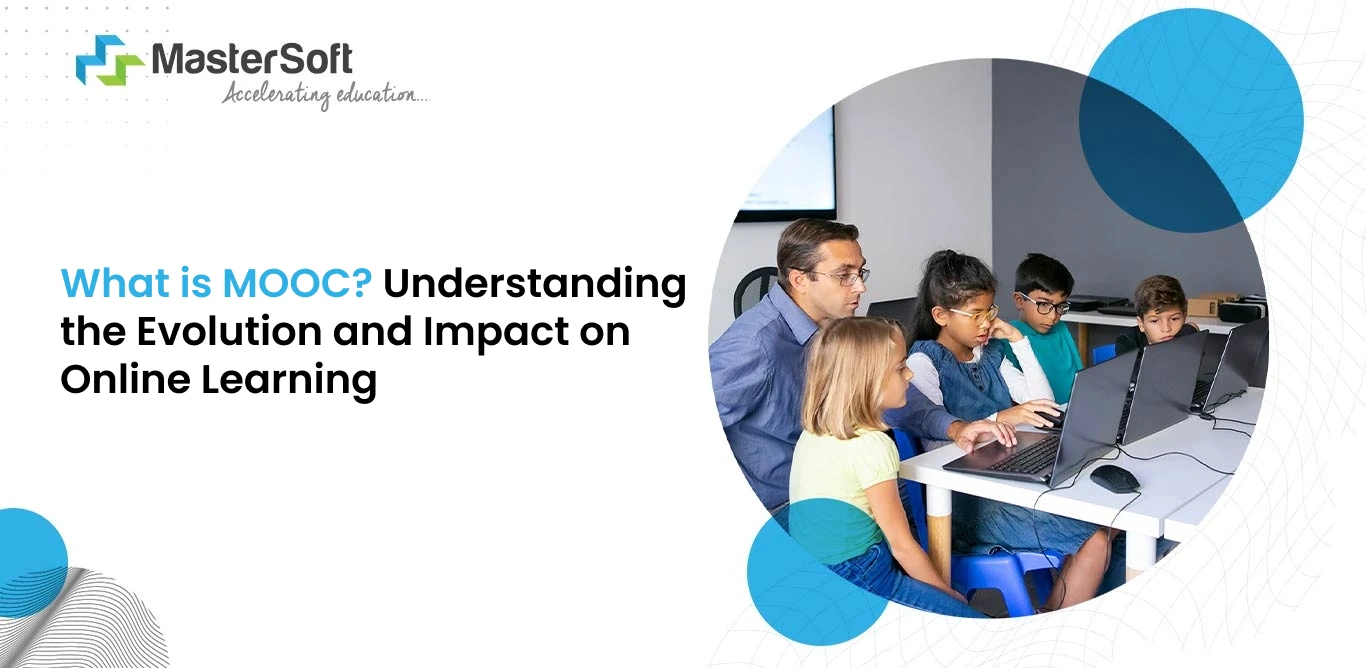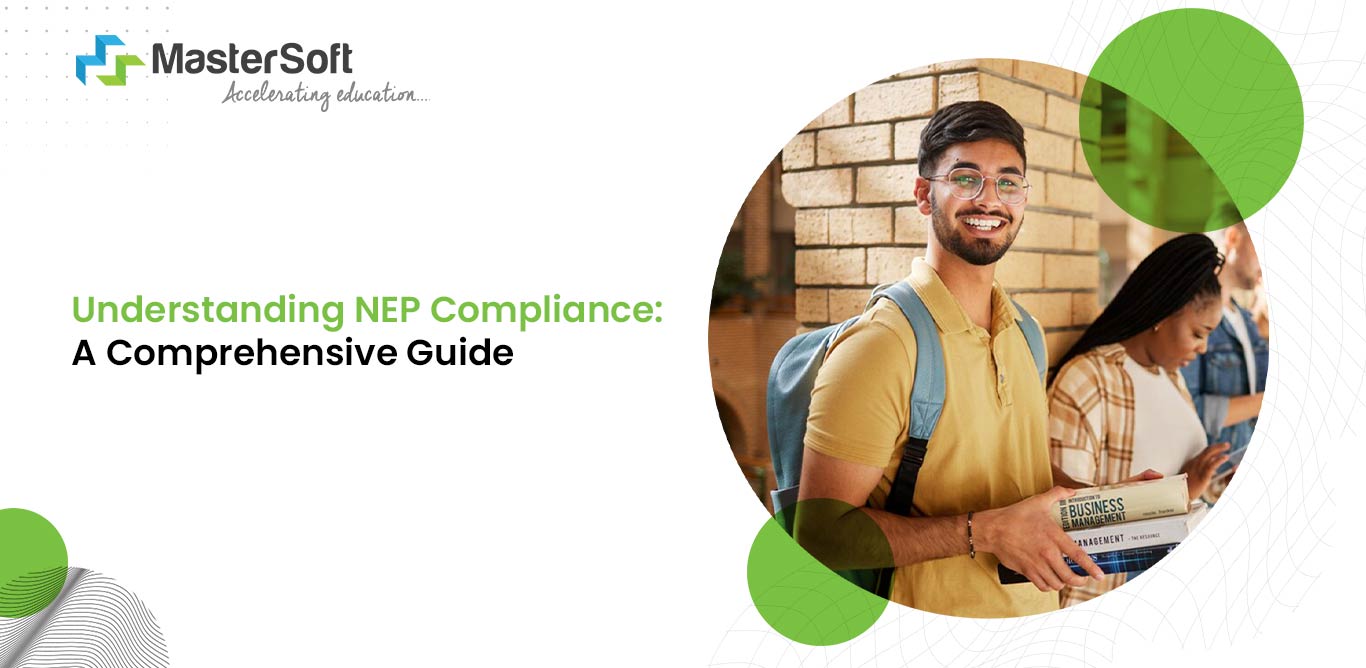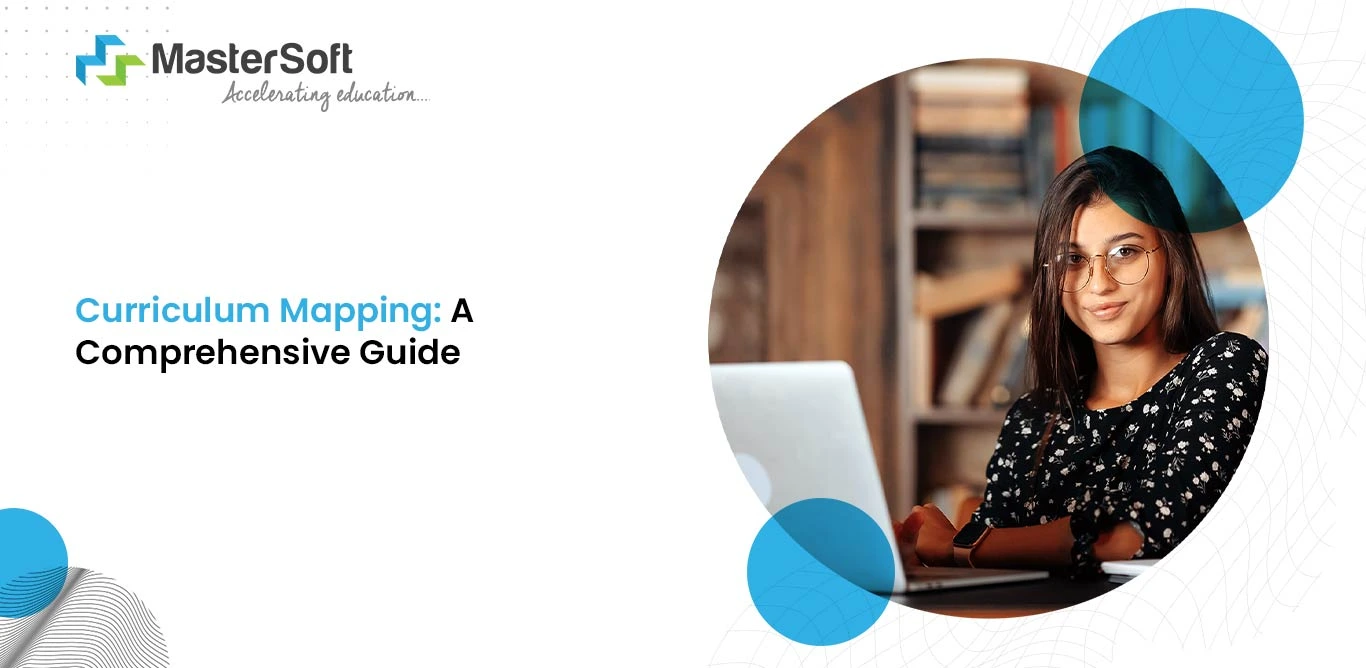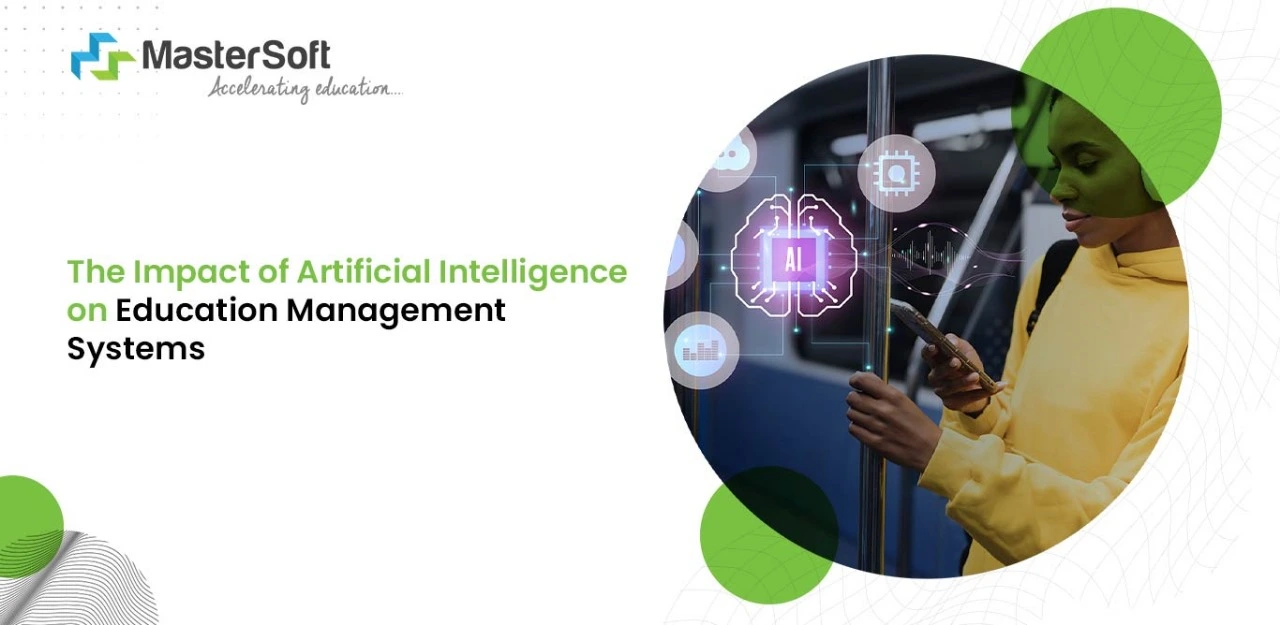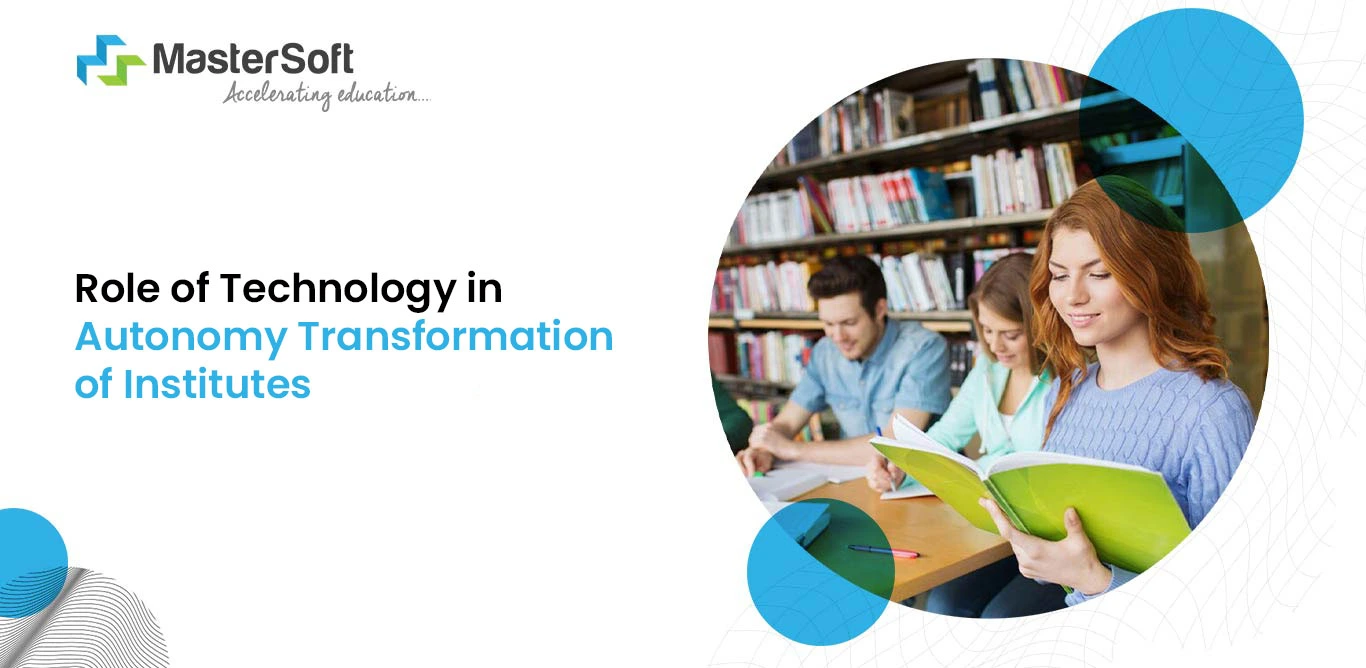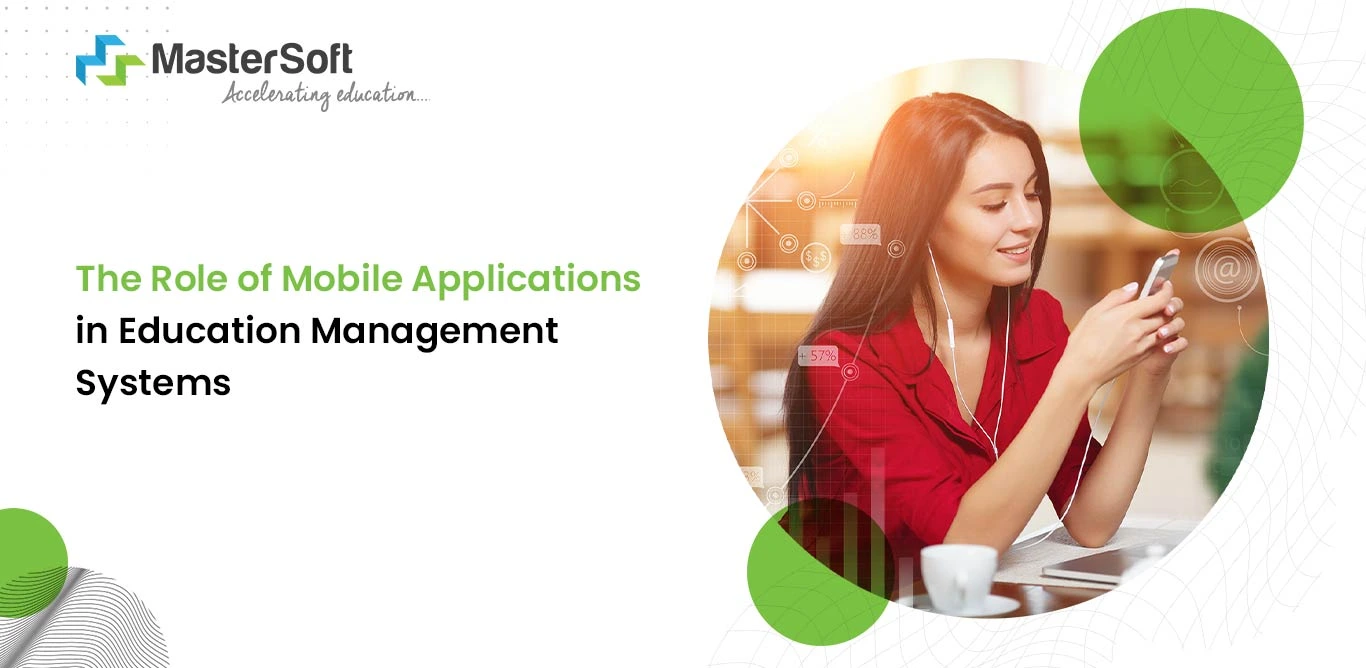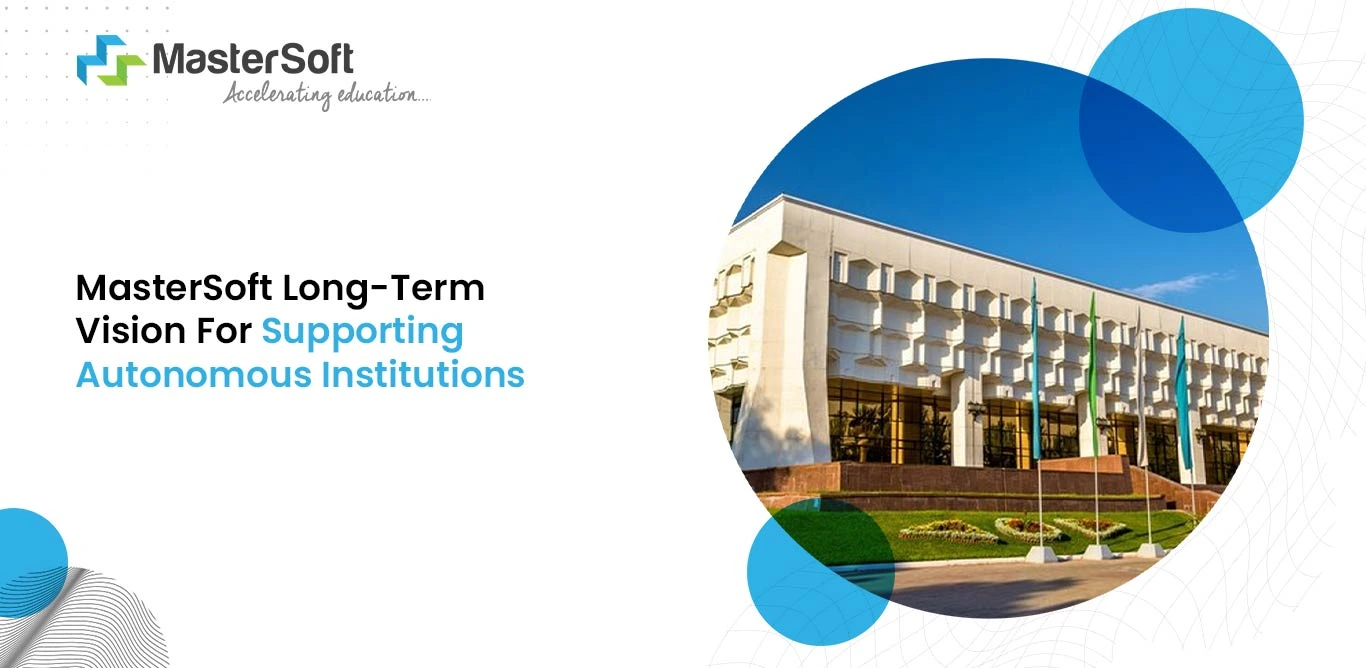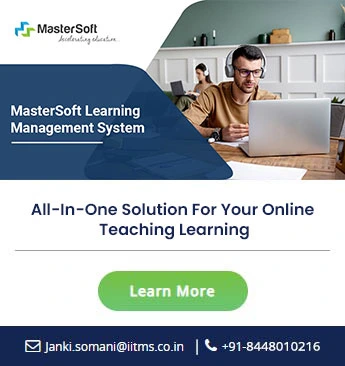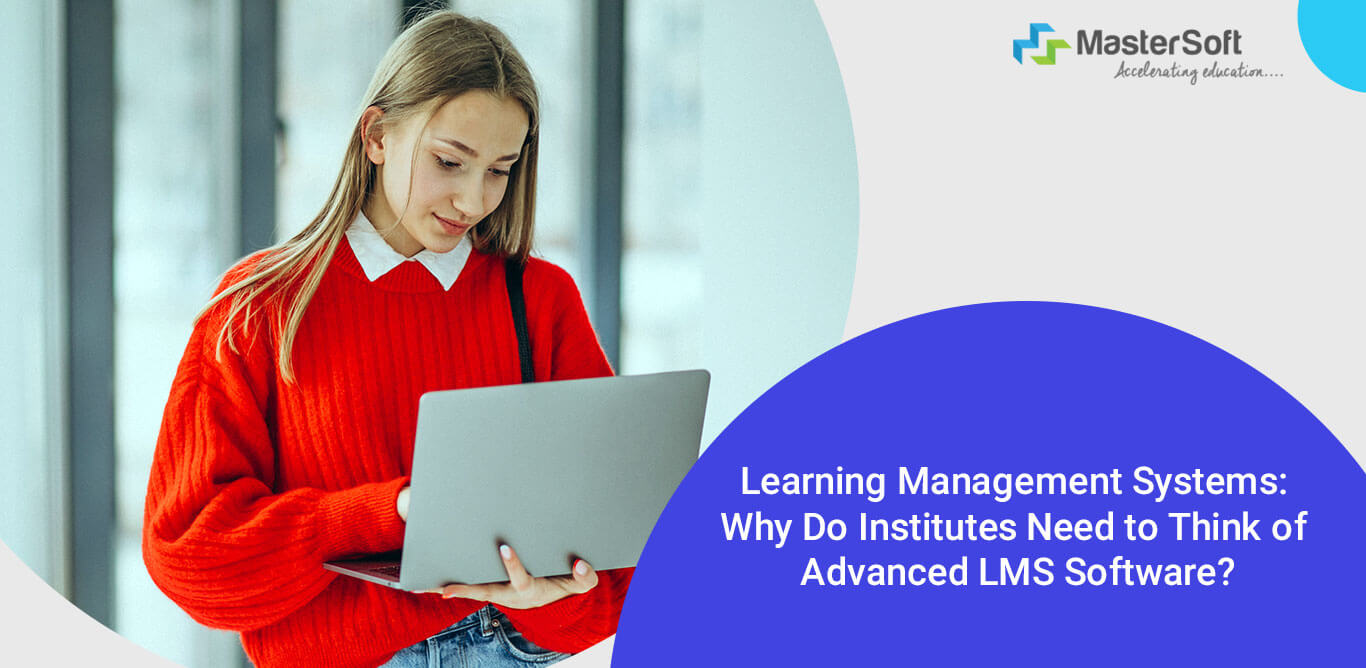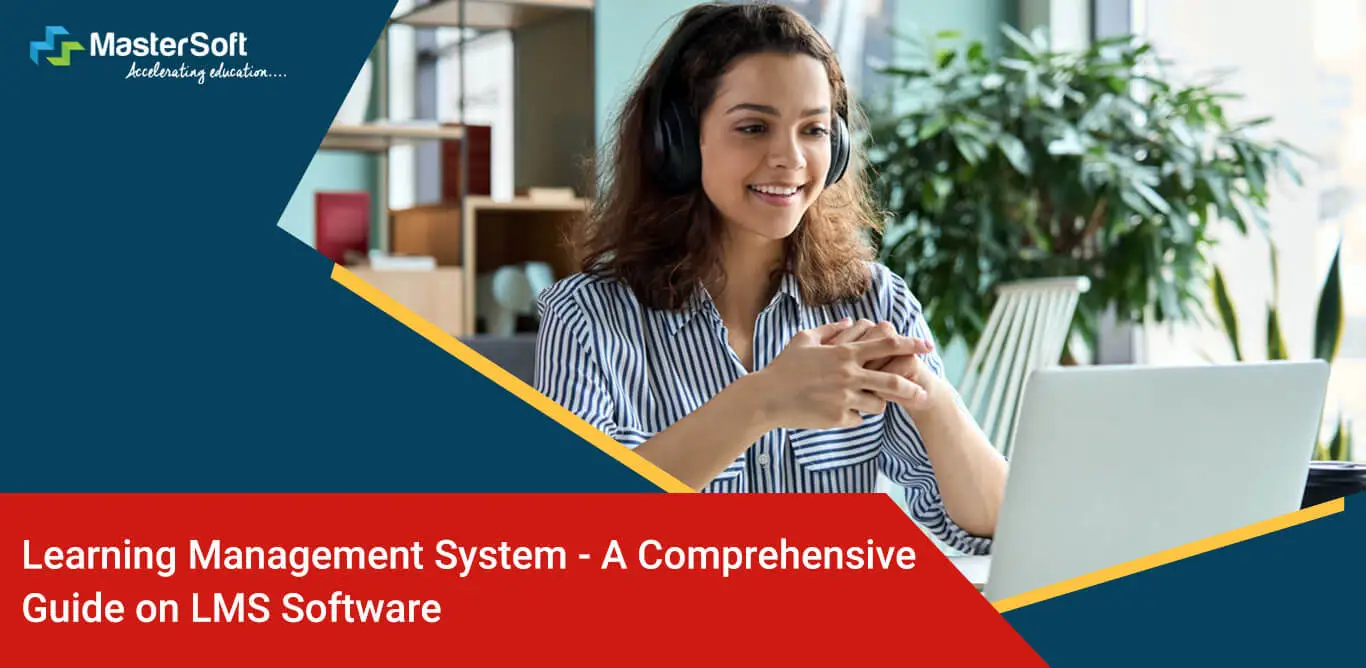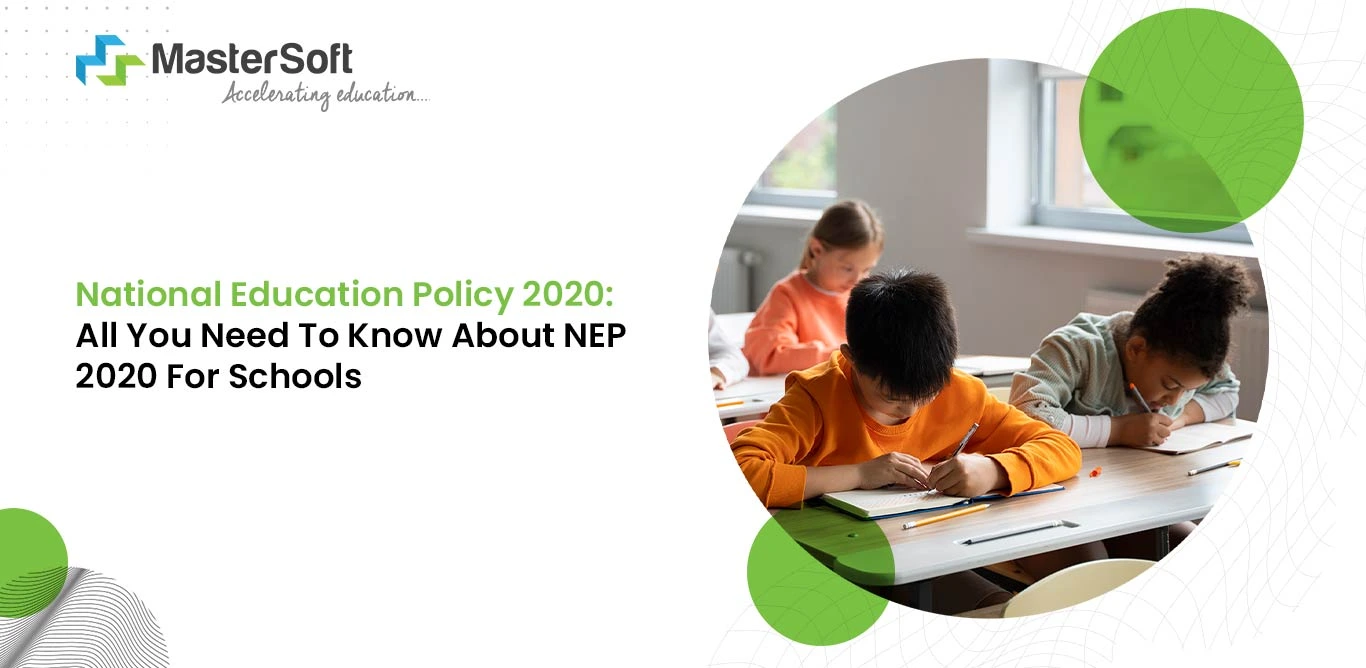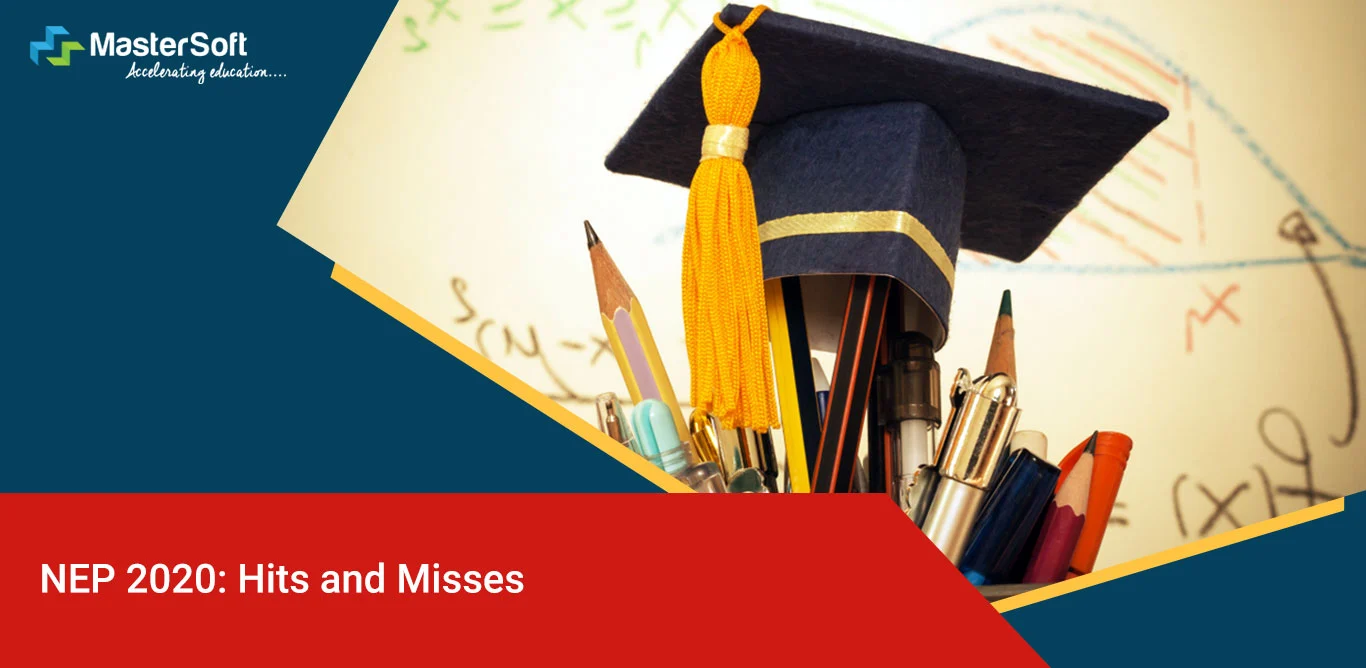27, Nov 2023
Education has been a symbol of societal, cultural, and economic transformation throughout history. The COVID-19 pandemic, with its resulting challenges and the closure of conventional learning methods, prompted a shift towards online education.
In this digital dilemma, technology emerged as the saviour, and educators worldwide transitioned to both synchronous (live or real-time teaching) and asynchronous (self-paced) modes, leveraging elearning platforms such as MOOCs or LMS for continuity and content delivery.
Learning Management System - A Comprehensive Guide On LMS Software
The Dynamic Landscape of Education:
Education can be acquired through various modes, whether formal, conducted in a controlled environment with a set timetable, or non-formal, allowing learners to follow a schedule that suits them.
Elearning, a vital force in contemporary educational growth, has become a ubiquitous presence, with numerous platforms flooding electronic media with advertisements featuring celebrities, often from the sports arena, offering diverse online courses. Among these, Massive Open Online Courses (MOOCs) stand out as an unconventional educational tool challenging traditional norms.
How Do You Define MOOC?
MOOCs, meaning Massive Open Online Courses, are online educational programs designed for unlimited participation and open access through the internet.
The term "Massive" emphasises the opportunity for connections among geographically dispersed participants; "Open" signifies not just free but open access, open syllabi, and self-directed learning outcomes "Online" points to the abundance of materials available on the internet; and "Course" refers to the structured online format.
What is a MOOC? And How Can They be Categorised?
Two distinct philosophies categorise the types of MOOCs, differentiating between those emphasising connectivist principles and those resembling more traditional courses. Stephen Downes introduced the terms "cMOOC" and "xMOOC" to distinguish between these two approaches.
cMOOCs (Connectivist Massive Open Online Courses):
Rooted in connectivist pedagogy, emphasising:
- Material aggregation.
- Remixability and repurposability of content.
- Feeding forward, with a focus on evolving materials for future learning.
Instructional design aims to:
- Connect learners to foster collaboration on joint projects.
- Encourage the sharing of ideas among participants.
xMOOCs (Extended Massive Open Online Courses):
'x' signifies an extended, more behaviourist approach.
Learning involves:
- Learners sharing ideas within a structured discussion.
- Discussions led by a single instructor.
Emphasis on:
- Coordinated assessments.
- Quizzes designed to gauge student understanding.
MOOC courses originated in the early 2000s as an experimental approach to elearning. The concept gained momentum around 2012, when Learning Management System platforms like Coursera, edX, and Udacity began offering free courses from prestigious universities.
The idea was simple yet revolutionary: provide high-quality education to anyone with an internet connection, breaking down traditional barriers to learning.
How Did MOOCs Transform Education in the Digital Age? By Providing,
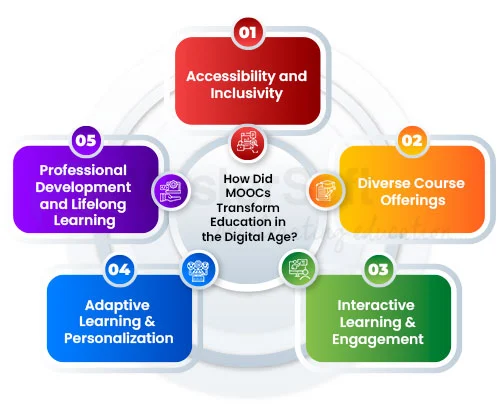
Accessibility and Inclusivity:
One of the primary strengths of MOOCs lies in their accessibility. Learners from across the globe can enrol in courses offered by top-tier institutions without the constraints of physical location or financial barriers.
This democratisation of education has opened doors for millions who previously lacked access to quality learning opportunities. MOOC courses are a powerful tool for bridging educational gaps and promoting inclusivity in the digital age.
Diverse Course Offerings:
MOOC platforms offer an extensive range of courses, covering diverse subjects from computer science and mathematics to the humanities and arts. Learners can choose from a plethora of options based on their interests, allowing for personalised and flexible learning experiences.
The wide array of courses caters to learners of all levels, from beginners to advanced professionals seeking to upskill or reskill.
Interactive Learning and Engagement:
Unlike traditional classroom settings, MOOC courses leverage interactive technologies to engage learners. Video lectures, quizzes, discussion forums, and peer assessments create a dynamic learning environment that encourages active participation.
Additionally, many courses incorporate hands-on projects, providing practical skills and real-world applications. This interactive approach fosters a sense of community among learners, despite the physical distance.
NCF 2020 (National Curriculum Framework - 2020) - A Complete Guide
Adaptive Learning and Personalization:
MOOC courses harness the power of data analytics and artificial intelligence to deliver adaptive learning experiences. Through continuous assessment and analysis of learner progress, courses can be customised to address individual strengths and weaknesses.
This personalised learning approach tailors the educational journey to the specific needs of each learner, optimising comprehension and retention.
Professional Development and Lifelong Learning:
MOOCs are not limited to traditional academic subjects; they have become invaluable tools for professional development. Many LMS platforms offer courses and specialisations designed to enhance skills in areas such as data science, digital marketing, and project management.
As the job market evolves, MOOCs empower individuals to engage in lifelong learning, staying relevant in an ever-changing professional landscape.
Benefits of MOOCs:
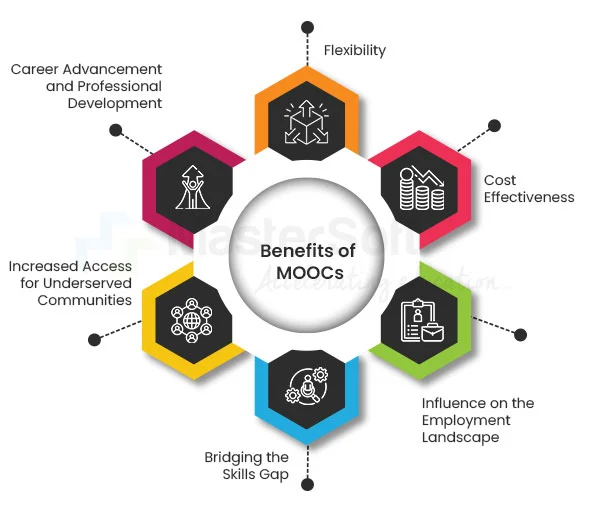
Flexibility:
- Learners can progress at their own pace, breaking free from the constraints of time and location.
- Particularly advantageous for adult learners juggling work or family commitments.
Influence on the Employment Landscape:
- Overcomes geographical limitations and rigid work schedules, allowing learners to access education from any location and at any time.
- Enhances competitiveness and attractiveness to employers through skill enhancement.
Bridging the Skills Gap:
- Addresses challenges in industries by providing access to training and certification programs aligned with in-demand job skills.
- Offers practical solutions to the rapid evolution of technology in the job market.
Increased Access for Underserved Communities:
- Opens doors for individuals in low-income brackets, rural areas, and working professionals who previously had limited access to education.
- Facilitates education and training that were beyond reach, promoting inclusivity.
Career Advancement and Professional Development:
- Empowers individuals to earn degrees, certifications, and badges online, fostering career progression.
- Augments earning potential by providing opportunities for continuous professional development.
Transforming Learning:
MOOC courses have sparked debates in educational circles, with opinions ranging from scepticism to enthusiasm. However, their true value lies in democratising access to knowledge that was once confined to a select few.
MOOCs offer scalability, optimal resource utilisation, and the removal of constraints, making education universally available. The flexibility of self-paced learning, coupled with the internet's widespread accessibility, makes MOOCs a transformative force in tertiary education.
Major Players in the MOOC Landscape:
Several major players in the MOOC space, both for-profit and nonprofit, have gained prominence.
- edX: A non-profit initiative jointly run by MIT, Harvard, and Berkeley.
- Coursera: A for-profit company founded by two computer science professors from Stanford, offering a wide range of paid courses.
- Udacity: Another for-profit company founded by a Stanford computer science professor.
- Khan Academy: A non-profit organisation founded by Salman Khan, a graduate of MIT and Harvard.
- Udemy: A for-profit LMS platform that allows anyone to set up and offer courses.
- SWAYAM: An indigenous LMS platform in India offering academic and industry-demanded skill courses. In collaboration with NPTEL and AICTE, SWAYAM has expanded its offerings, especially after the COVID-19 pandemic confined individuals to their homes.
In addition to these, various MOOC platforms have been developed by government agencies for training purposes. For instance, DIKSHA, created by NCERT, focuses on teacher training and serves as an e-content repository for students.
Similarly, universities and colleges have introduced platforms like SWAYAM for conducting Faculty Development Programs (FDPs) and Refresher Courses across diverse interdisciplinary subjects in higher education.
The Rise of Online Education Globally:
Digital Transformation and New Learning Platforms:
The digital transformation of education has led to the emergence of new learning platforms, notably Massive Open Online Courses (MOOCs). MOOCs have played a pivotal role in democratising access to education by providing free courses and programs from prestigious universities and institutions worldwide.
Popularity of MOOCs:
MOOCs have garnered increasing popularity, with millions of learners enrolling in courses every year. The global appeal of MOOCs showcases their effectiveness in providing diverse learners with high-quality educational opportunities.
Evolution of Online Education:
The emergence of online learning has significantly transformed the educational landscape, offering a potent tool for individuals from all walks of life to access a high-quality education conveniently and affordably.
Impact on Education in India:
Elearning in India has experienced substantial growth, driven by its large population and diverse educational needs. Massive Open Online Courses (MOOCs) have played an instrumental role in bridging educational gaps in India, particularly in technology, business administration, and skill development.
Navigating The Path To Autonomy: A Step-By-Step Guide With MasterSoft
Regional Language Support:
The success of elearning in India is further enhanced by the availability of regional language support and vernacular content, which facilitates the education of non-English speakers.
Future Trends and Innovations:
As MOOCs continue to evolve, future trends indicate further integration of advanced technologies such as virtual reality, augmented reality, and artificial intelligence equipped in an LMS. These innovations aim to enhance the immersive learning experience and address some of the current challenges.
Additionally, partnerships between MOOC platforms and employers are on the rise, providing direct pathways from education to employment.
Wrapping It Up,
The evolution of online education, marked by the prominence of MOOCs and other online learning LMS platforms, has fundamentally transformed the educational landscape. As traditional institutions grapple with the changing dynamics, the rise of elearning underscores the need for continual adaptation to meet the evolving needs of learners in the digital age.
Streamline Teaching-Learning Process with MasterSoft’s Learning Management System.
Mobile: 08448010216
Email:info@mastersofterp.com

